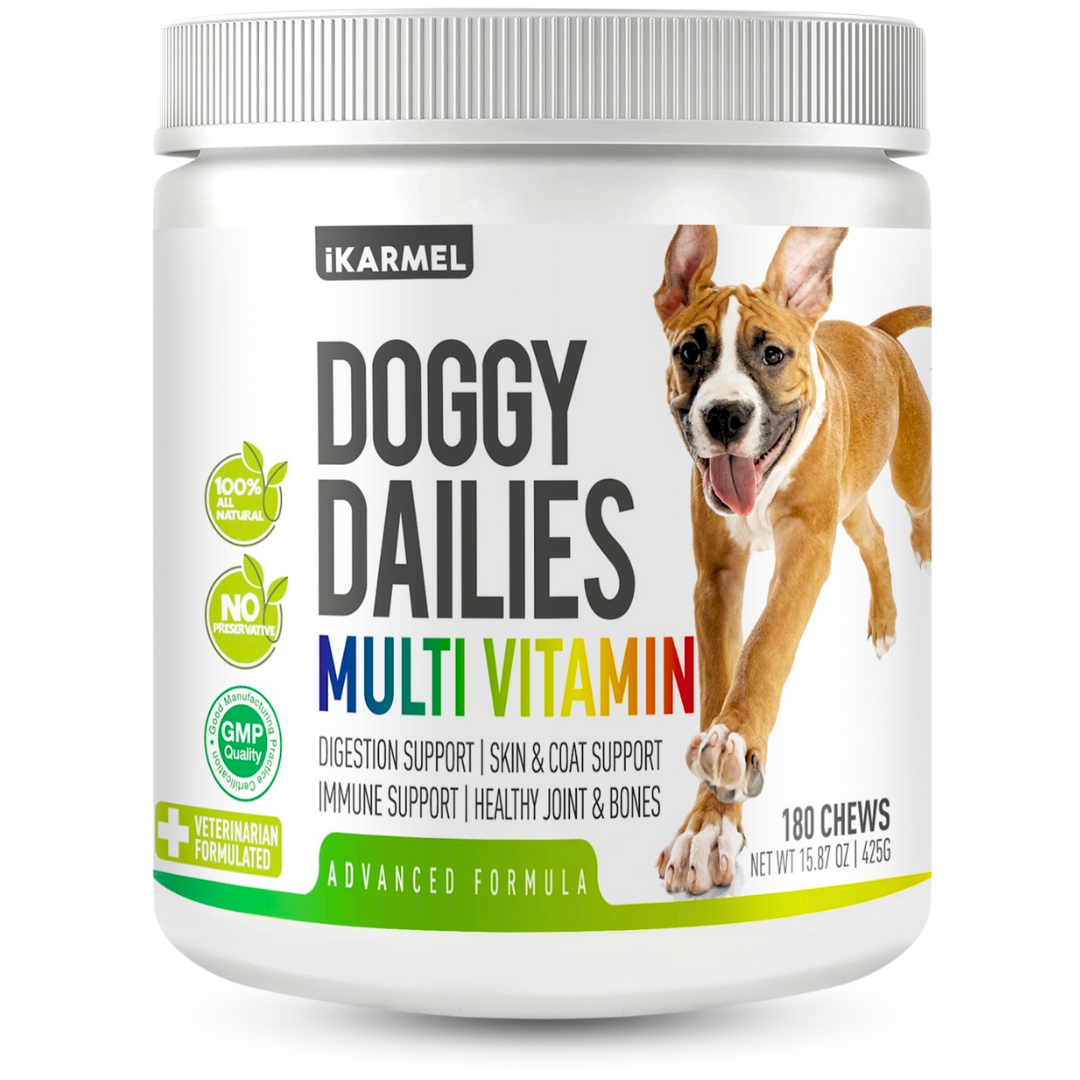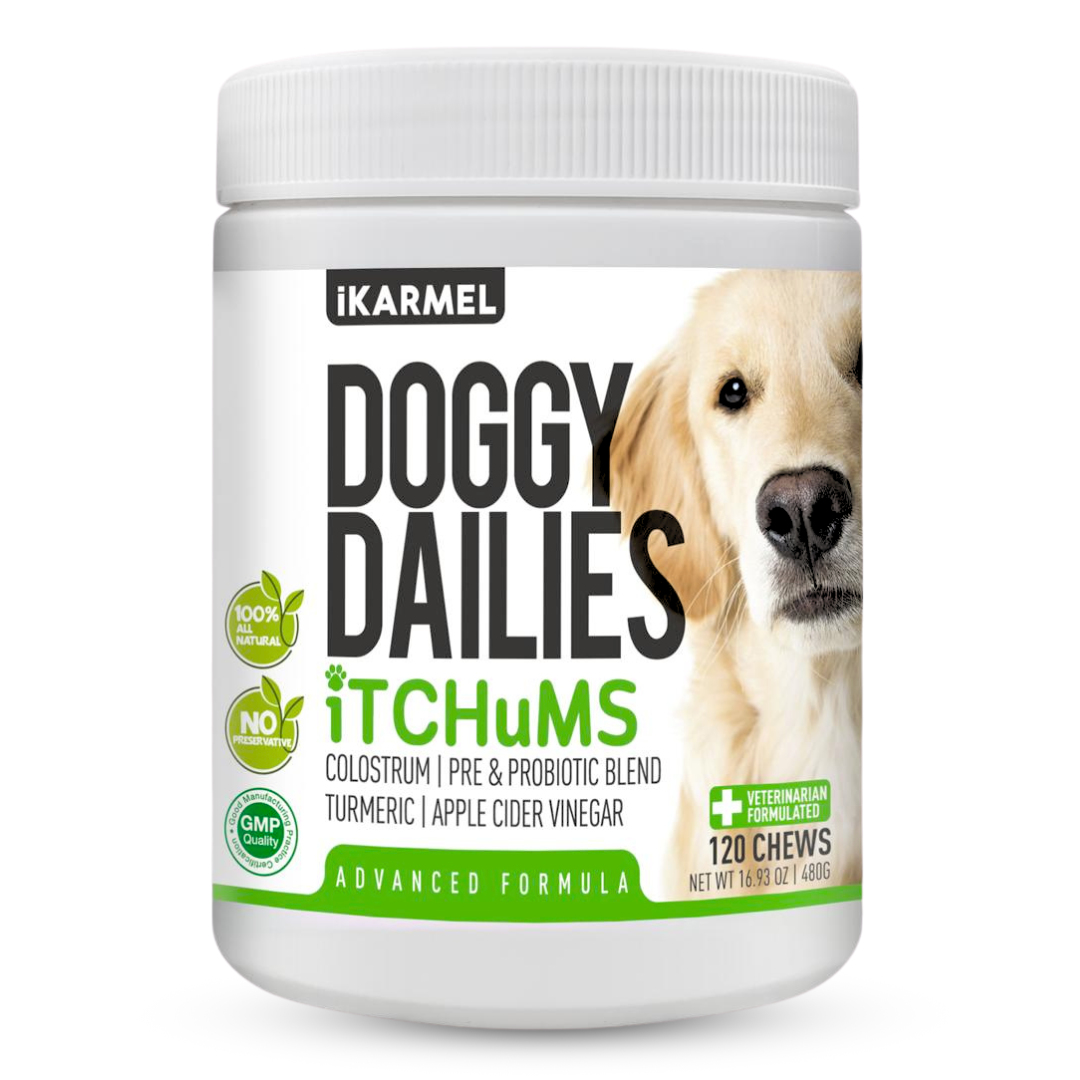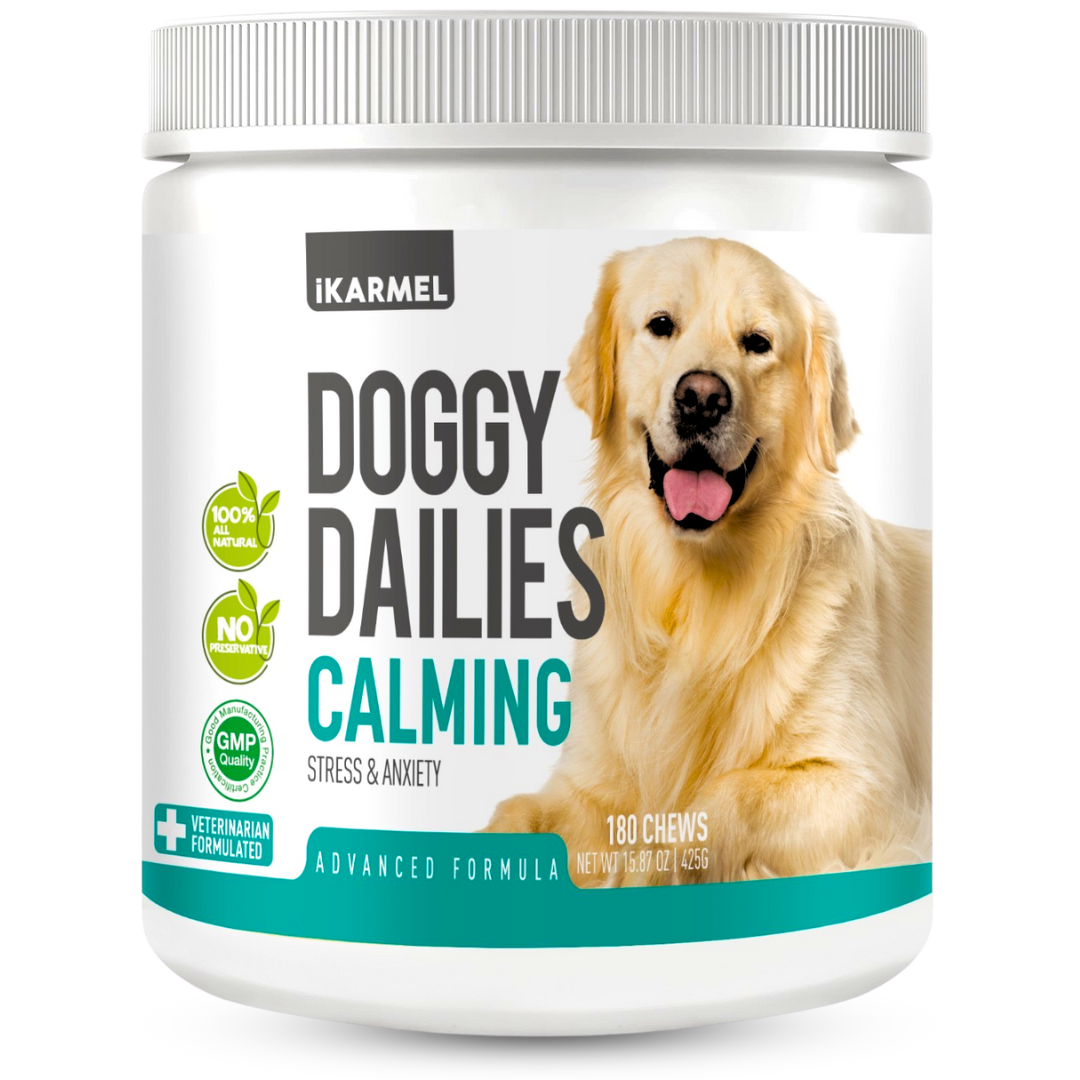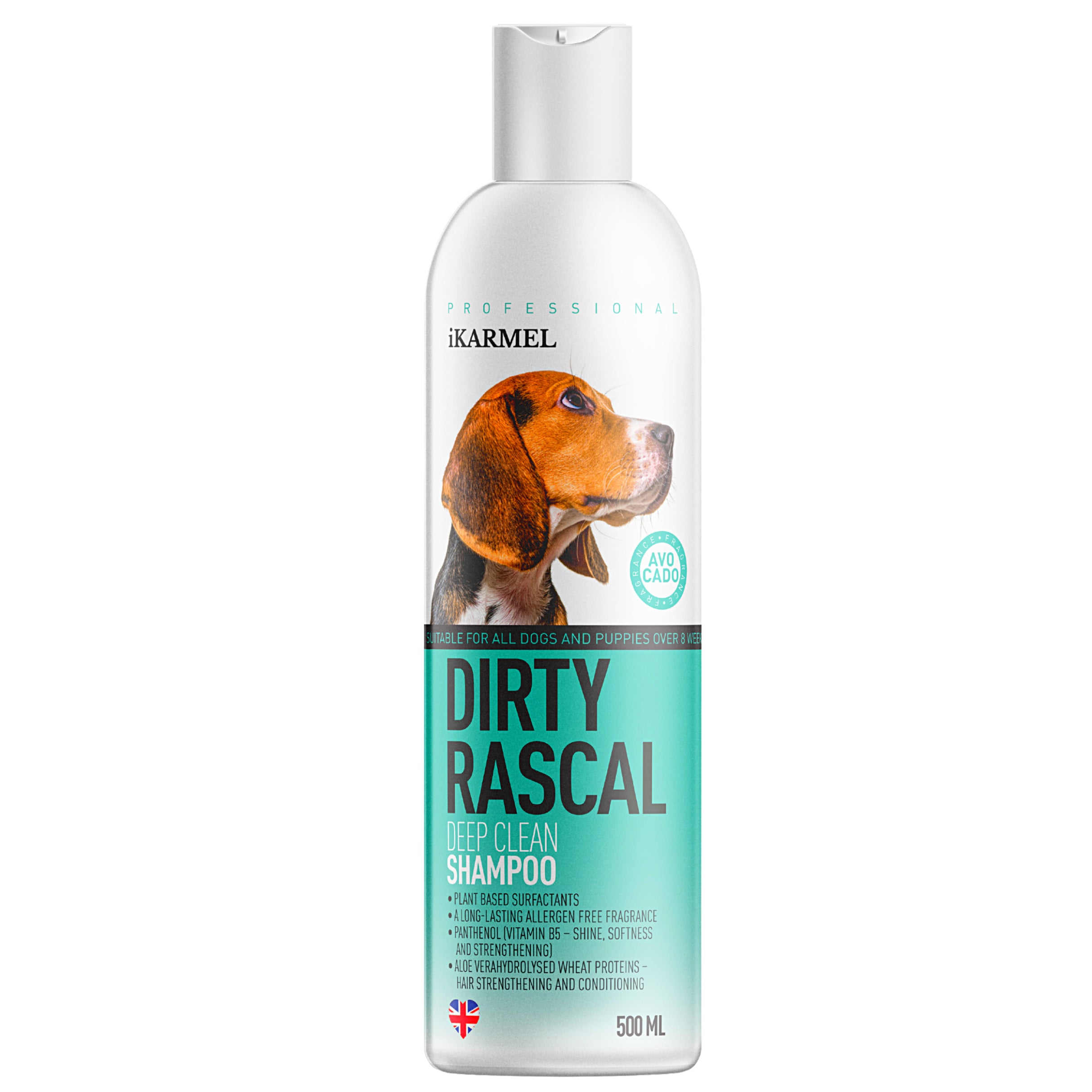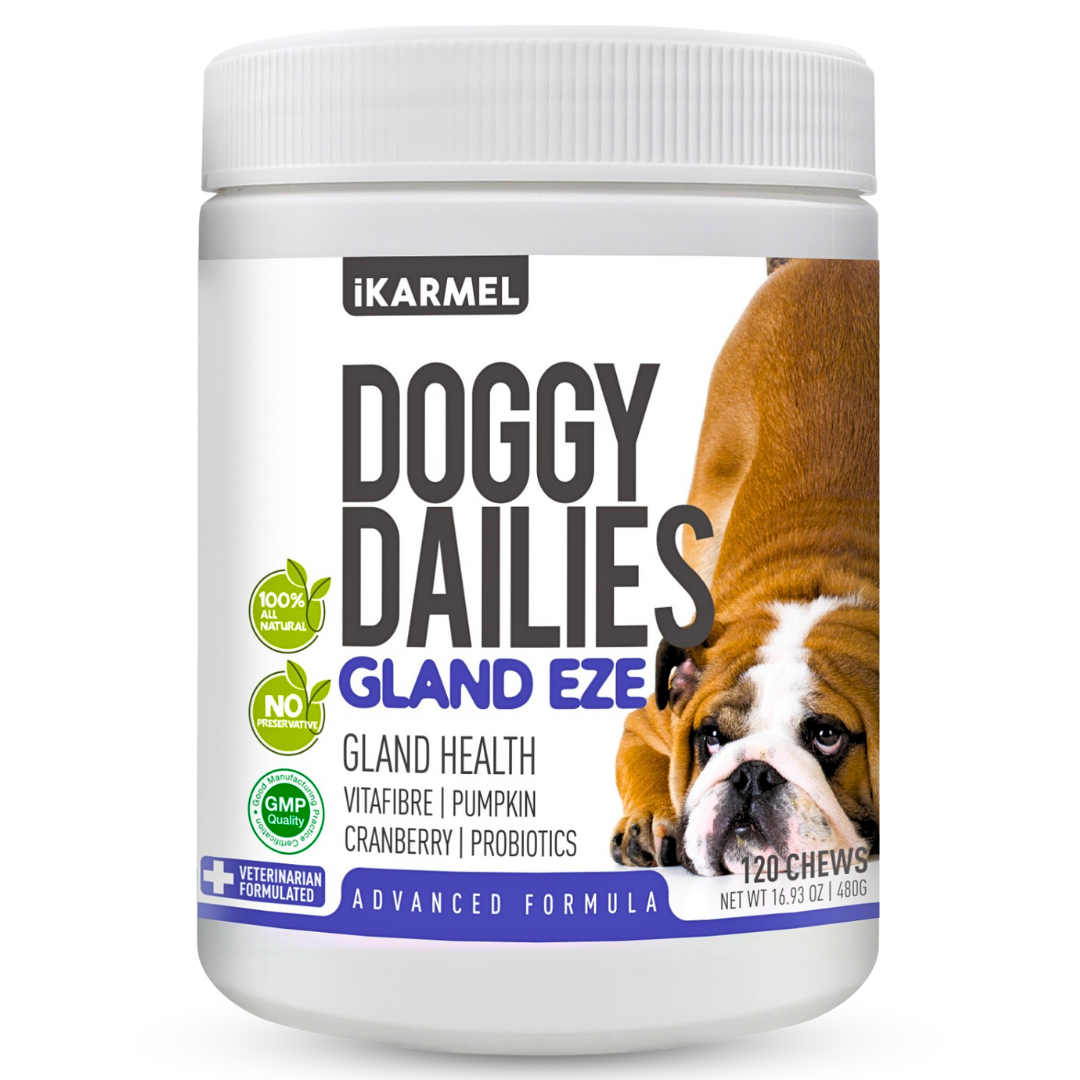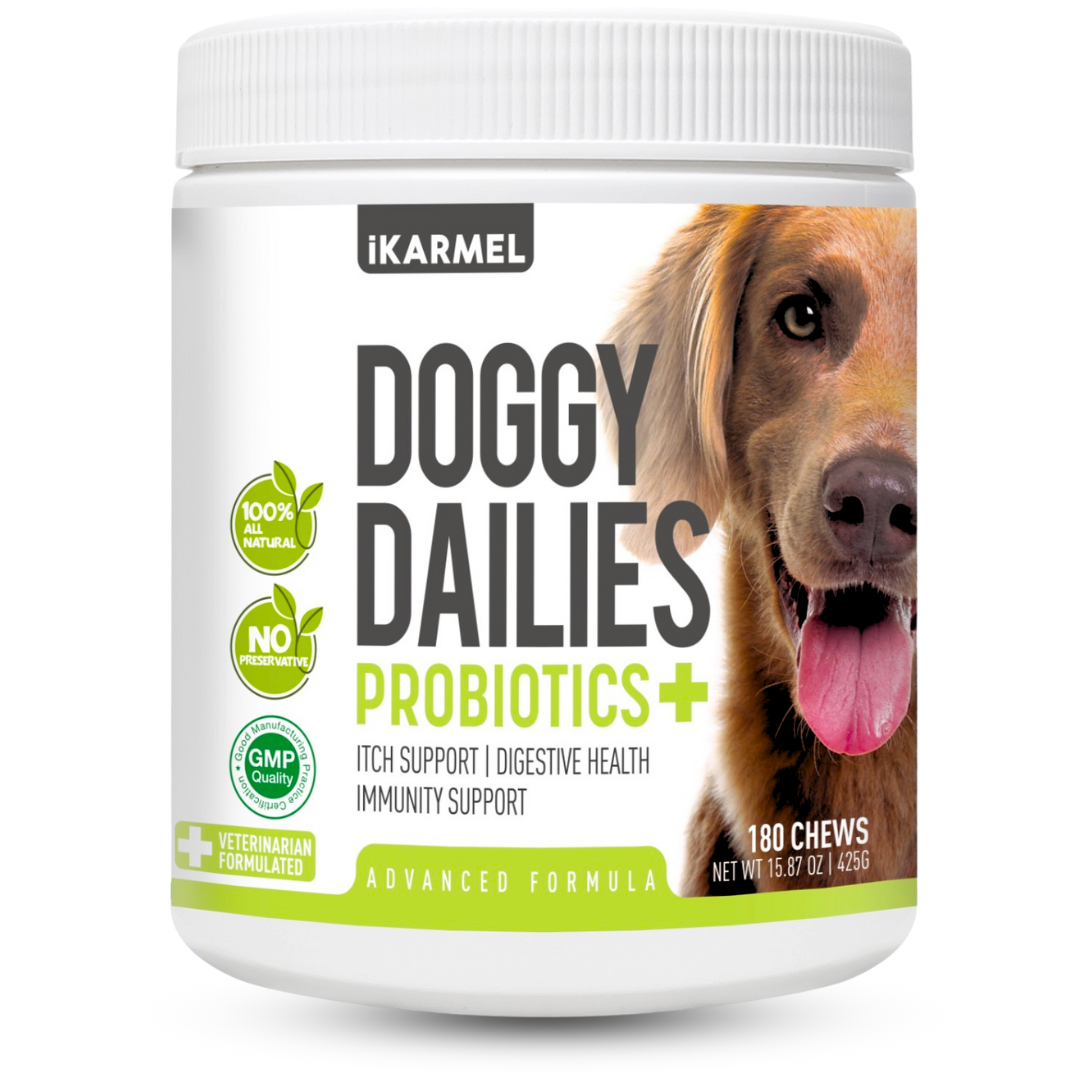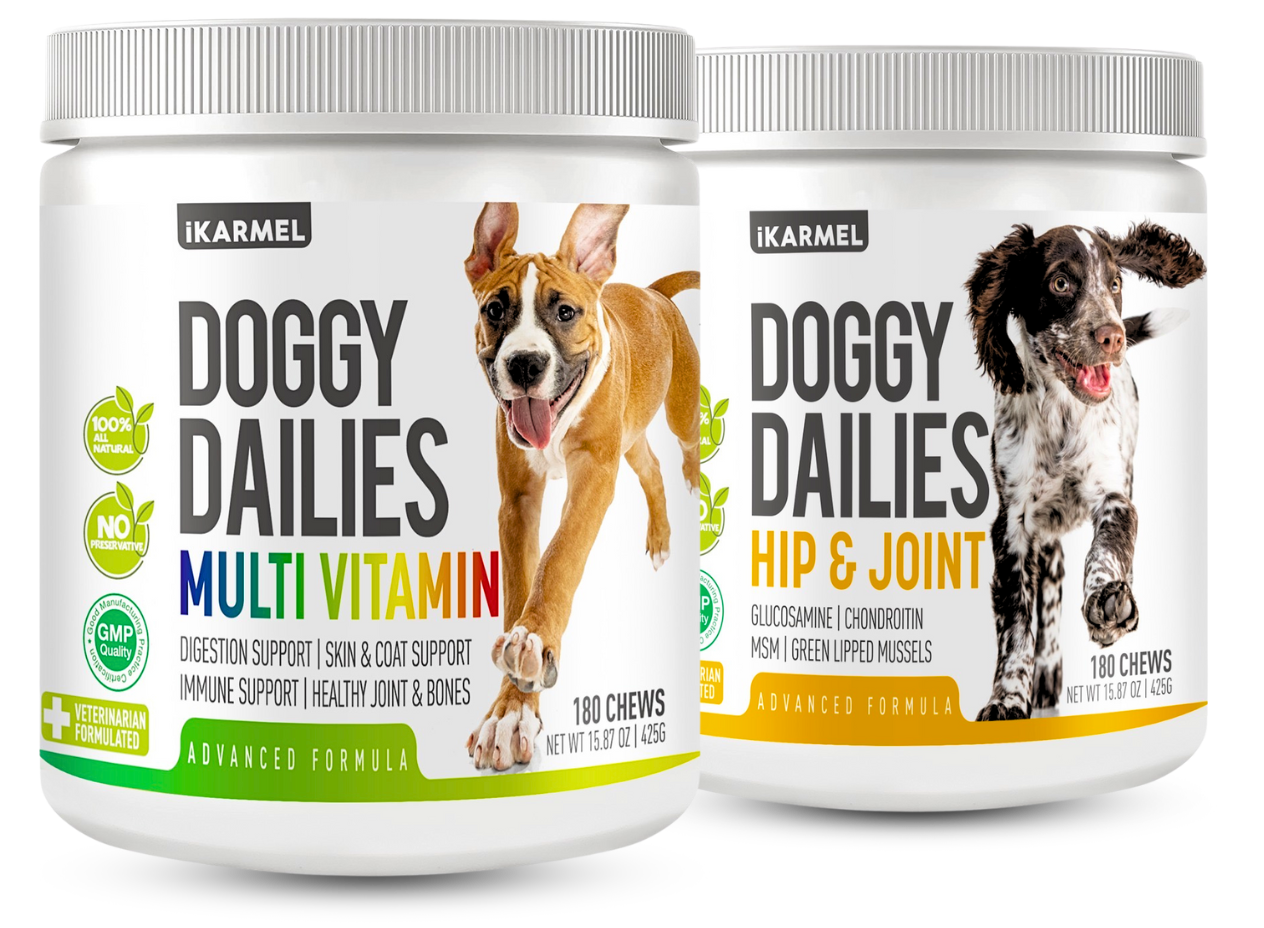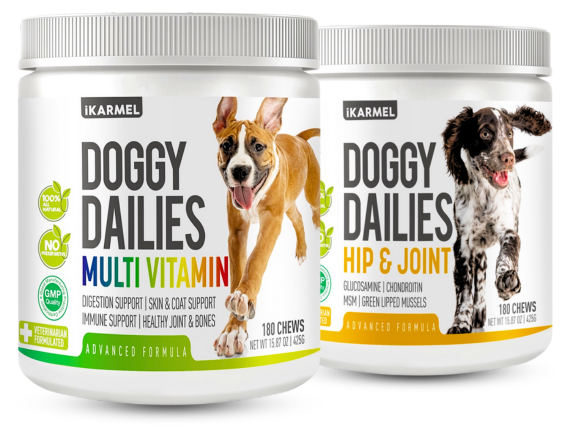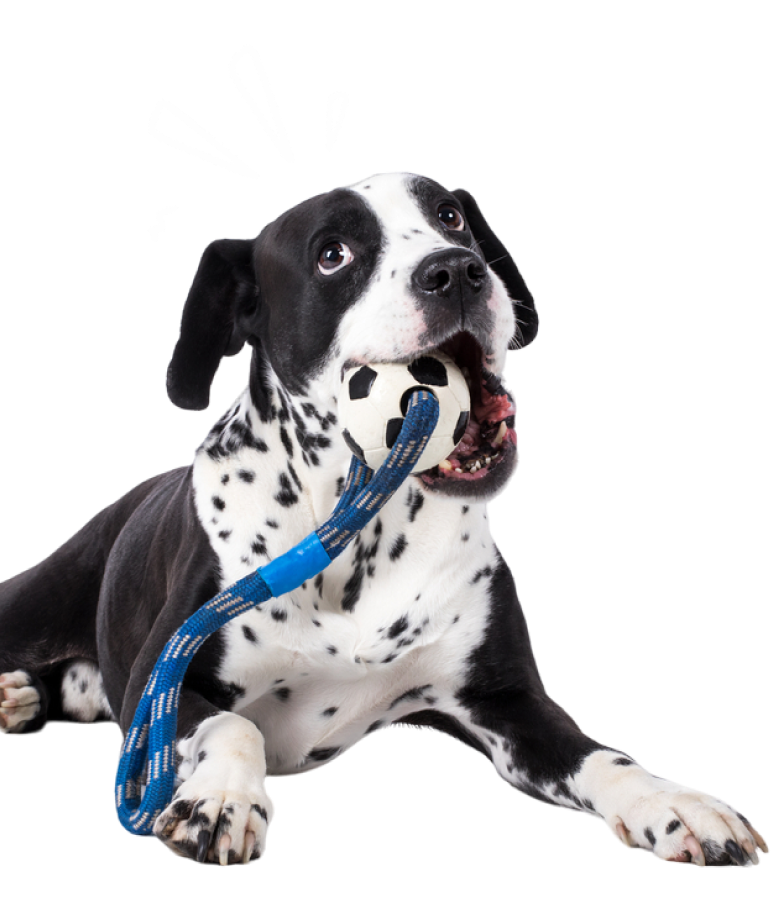Weight Management for Dogs: How Supplements Can Help
Are you concerned about your furry friend's weight and overall health? Maintaining a healthy weight is essential for your dog's well-being. Obesity or unexplained weight loss can lead to serious health conditions, such as arthritis, diabetes, or heart disease. That’s where supplements can play a vital role in supporting effective weight management.
This blog will explore the importance of weight management for dogs, common challenges dog owners face, and how supplements can promote a healthier, happier lifestyle for your canine companion. Whether you’re dealing with a working dog that needs extra energy or a pup looking to shed some pounds, we’ve got you covered!
Why Is Weight Management Important for Dogs?
Weight management directly impacts your dog’s quality of life. Overweight or underweight dogs can experience several health issues, including:
- Joint Problems: Excess weight puts pressure on joints, leading to mobility challenges and arthritis.
- Heart Disease: Overweight dogs are at a higher risk of developing heart conditions.
- Lack of Energy: Poor nutrition and improper weight can make your dog lethargic.
- Shortened Lifespan: Studies show that healthy-weight dogs live longer, more active lives.
A balanced diet, regular exercise, and appropriate supplements can make all the difference.
Common Challenges in Managing Dog Weight
Before we discuss solutions, it’s important to identify common challenges you might face while managing your dog’s weight.
- Overfeeding or Treats
Many dog owners aren’t aware of proper portion sizes. Indulging your pup with extra treats can lead to unwanted weight gain.
- Lack of Activity
Busy schedules sometimes limit how much time pets get for daily exercise, contributing to obesity.
- Underlying Health Conditions
Weight issues may be symptoms of an underlying condition, such as hypothyroidism or Cushing's disease.
- Poor Diet Choices
Food lacking proper nutrients can lead to weight issues, whether it’s low energy or excessive fat storage.
How Supplements Can Help
Adding supplements to your dog’s routine can address some of these challenges, boosting their overall health and supporting weight management. Here’s how specific supplements can help your furry friend stay fit.
1. Boosting Metabolism
Certain supplements, like L-carnitine, help convert fat into energy, promoting efficient metabolism and weight loss.
2. Reducing Hunger Cravings
Supplements high in fibre, such as psyllium husk, keep your pup feeling full for longer, reducing overeating.
3. Supporting Muscle Development
Protein-rich supplements help maintain lean muscle, especially for active or working dogs. These include amino acid boosters found in many high-quality products.
4. Digestive Health
Probiotic supplements improve digestion and nutrient absorption, ensuring your dog gets the most from their meals while keeping the gut healthy.
5. Joint Care
For overweight dogs, joint supplements with glucosamine and chondroitin offer enhanced mobility by reducing joint stress and inflammation.
6 Steps to Effective Weight Management
Follow these practical steps, paired with supplements, to keep your dog healthy and active.
Step 1: Assess Your Dog’s Current Weight
Use a body condition scoring chart or consult your vet to understand if your dog is underweight, overweight, or just right.
Step 2: Choose High-Quality Food
Switch to a balanced, nutrient-rich dog food with appropriate calorie levels. Avoid foods high in fillers like sugars or low-quality fats.
Step 3: Set Regular Meal Times
Feed your dog at fixed times to regulate their metabolism and avoid overeating. Always use a measuring cup to avoid overportioning.
Step 4: Encourage Exercise
Ensure at least 30-60 minutes of physical activity daily. Mix walks with fun games like fetch or swimming to keep things exciting.
Step 5: Add Relevant Supplements
Start adding weight management supplements like omega-3 fatty acids for inflammation support, fibre for satiety, or probiotics to enhance digestion and nutrient absorption.
Step 6: Monitor Progress Regularly
Track your dog’s weight, energy levels, and behaviour. Adjust their diet, exercise routine, or supplement intake as needed based on regular check-ups.
FAQs on Weight Management for Dogs
1. How can I help my dog lose weight safely?
Focus on portion control, regular exercise, and the introduction of fibre-rich and metabolism-boosting supplements. Work closely with your vet for customized guidance.
2. Why is my dog losing weight unexpectedly?
Sudden weight loss can be a sign of medical issues like parasites or thyroid problems. Schedule a vet visit for a thorough assessment.
3. Can supplements really support weight loss for dogs?
Yes! Supplements like L-carnitine, probiotics, and omega-3 fatty acids can support weight loss when paired with healthy nutrition and exercise.
4. What is a working dog, and should their diet differ?
Working dogs perform tasks like herding or guarding, requiring more calories and specialized nutrition to sustain their energy levels.
5. How fast should my dog lose weight?
Aim for a slow, steady loss of 1-2% of their body weight per week. Rapid weight loss can cause health issues.
Choose iKarmel Supplements for Your Dog's Needs
Managing your dog’s weight isn’t just about appearances; it’s about ensuring their long-term health, mobility, and happiness. With proper nutrition, regular exercise, and thoughtfully selected supplements, you can pave the way for a healthier future for your furry friend.
At iKARMEL, we offer a selection of canine supplements tailored to your dog’s needs. From weight management to joint care, our products are designed to help your pup thrive.
Start your dog’s health journey today by exploring our premium supplement range. Together, we can make every tail wag a little happier!

